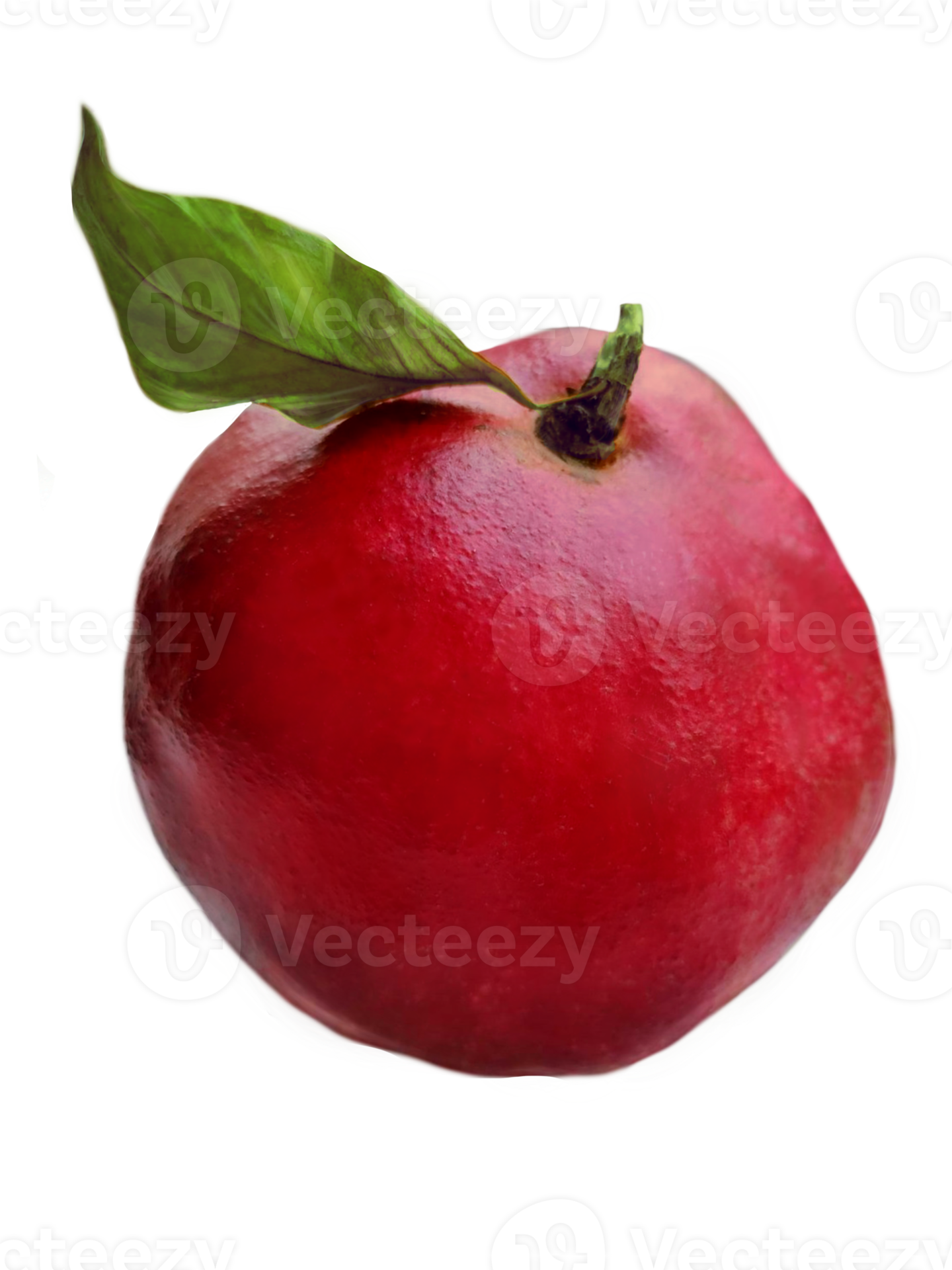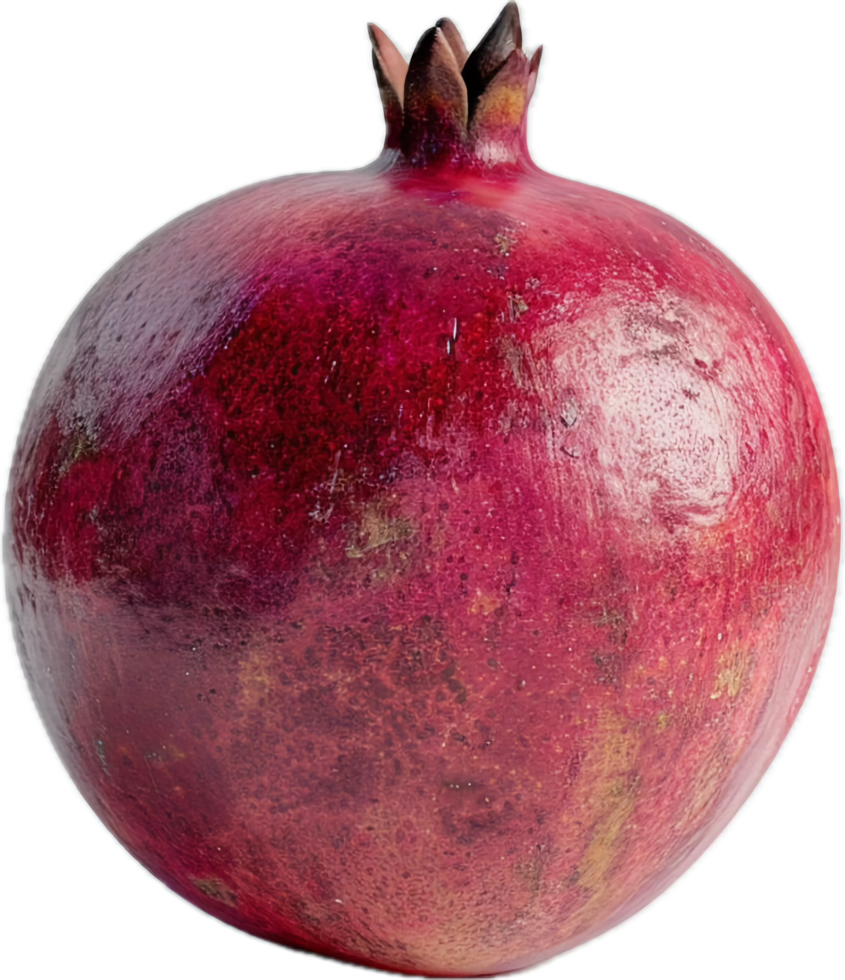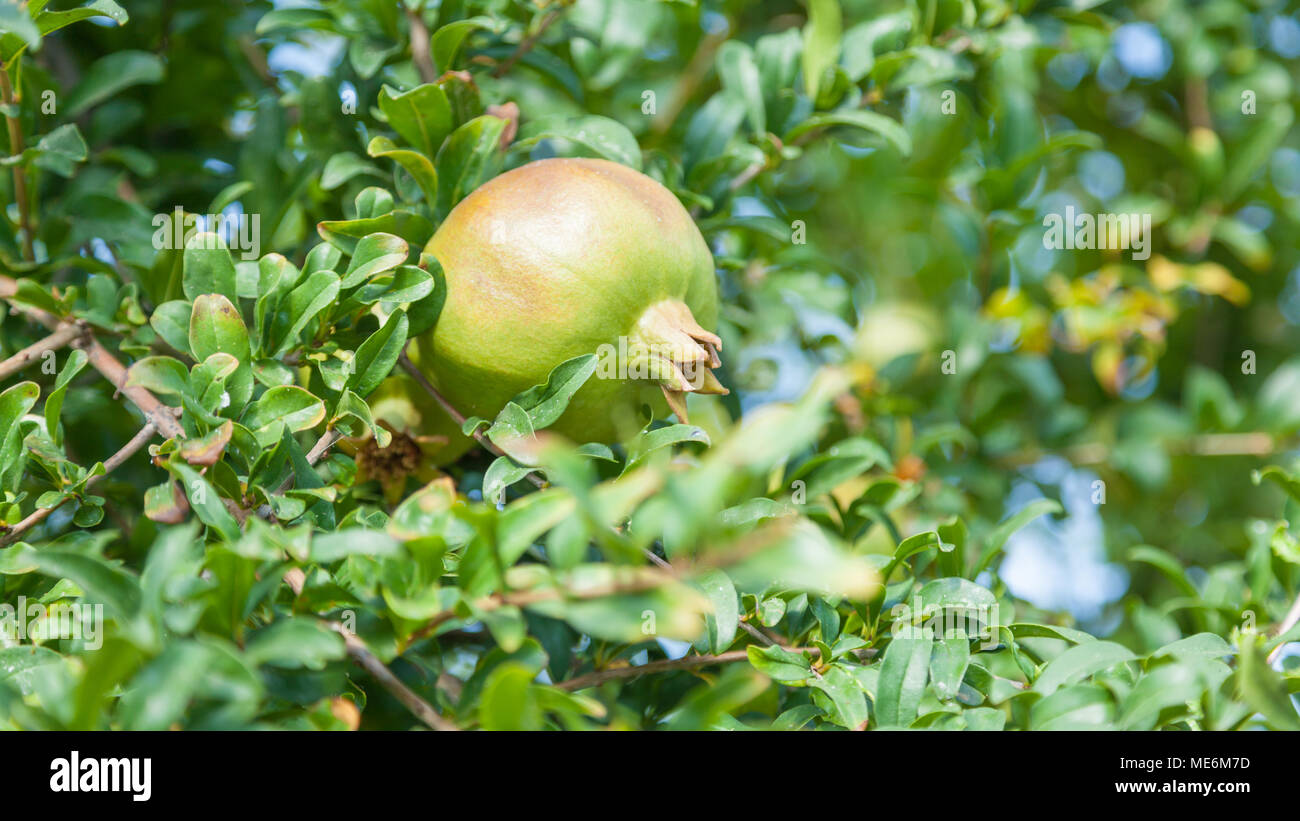Unveiling The Secrets Of Not Ripe Pomegranate: Your Ultimate Guide
Ever wondered what exactly happens when you bite into a not ripe pomegranate? Let’s dive into the world of this tangy fruit and uncover its secrets. Not ripe pomegranate, also known as unripe pomegranate, has been gaining attention for its unique taste and surprising health benefits. Whether you’re a food enthusiast or just curious about this vibrant fruit, this article will blow your mind. So, buckle up and let’s get started!
You know those moments when you’re at the grocery store, staring at a pomegranate, wondering if it’s ripe or not? Well, turns out, not ripe pomegranate can be just as exciting as its fully mature counterpart. It’s not just about the sweetness; it’s about the zesty kick and the hidden goodness that comes with it. So why not explore this lesser-known side of the pomegranate?
Now, I’m not saying you should toss all your ripe pomegranates out the window, but there’s something special about the unripe ones that you won’t want to miss. From its sharp, tangy flavor to its surprising health benefits, not ripe pomegranate is here to make a statement. Stick around, and we’ll break it all down for you.
Read also:Mike Faist Dating A Closer Look At His Love Life And Career
What Exactly is Not Ripe Pomegranate?
Let’s start with the basics. A not ripe pomegranate is essentially a pomegranate that hasn’t fully matured yet. Unlike its sweeter, juicier counterpart, this fruit offers a more tart and tangy experience. Think of it as the rebellious younger sibling of the pomegranate family – it’s bold, edgy, and full of surprises.
But here’s the kicker: not ripe pomegranate isn’t just about the taste. It’s packed with nutrients that can do wonders for your health. So, if you’re someone who loves experimenting with food or is on the hunt for new superfoods, this is definitely worth your time.
Why Should You Care About Not Ripe Pomegranate?
Okay, so you might be thinking, “Why should I bother with something that’s not even ripe?” Well, my friend, let me tell you why. Not ripe pomegranate isn’t just about the flavor; it’s about the experience. It’s like finding a hidden gem in the produce section. Here are a few reasons why you should give it a shot:
- It’s loaded with antioxidants – way more than its ripe counterpart.
- The tangy taste adds a unique twist to your dishes.
- It’s great for your digestion and overall gut health.
- Plus, it’s a conversation starter at any dinner party!
So, are you ready to take the plunge and try something new?
Health Benefits of Not Ripe Pomegranate
Boosting Your Immune System
Not ripe pomegranate is a powerhouse when it comes to boosting your immune system. Packed with vitamin C and other essential nutrients, this fruit helps your body fight off those pesky colds and flu. Who needs expensive supplements when you’ve got this bad boy in your fridge?
Improving Digestive Health
Struggling with digestion issues? Not ripe pomegranate might just be the answer you’ve been looking for. The natural acids in this fruit help break down food more efficiently, keeping your gut happy and healthy. Plus, it’s a great way to add some variety to your diet.
Read also:Trusted Community Banking Your Gateway To Financial Stability
Fighting Inflammation
Inflammation is a buzzword in the health world, and for good reason. Chronic inflammation can lead to a host of health problems, but not ripe pomegranate is here to save the day. Its high antioxidant content helps reduce inflammation in the body, keeping you feeling your best.
How to Identify a Not Ripe Pomegranate
Now that you know all about the benefits of not ripe pomegranate, it’s time to learn how to spot one. Here are a few tips to help you pick the perfect unripe pomegranate:
- Look for a slightly harder texture compared to ripe ones.
- Check the color – it should be a bit more greenish than the usual deep red.
- Gently press the fruit; it should feel firm but not rock solid.
And there you have it – your ultimate guide to picking the best not ripe pomegranate. Trust me; once you get the hang of it, you’ll be picking them like a pro!
Delicious Ways to Use Not Ripe Pomegranate
In Salads
Not ripe pomegranate adds a delightful tang to your salads. Toss it in with some fresh greens, nuts, and a drizzle of olive oil, and you’ve got yourself a gourmet meal in minutes. Your taste buds will thank you for this one.
As a Garnish
Who says garnishes have to be boring? Use not ripe pomegranate seeds to add a pop of color and flavor to your dishes. Whether it’s a bowl of soup or a plate of pasta, this fruit takes things up a notch.
In Smoothies
Smoothie lovers, listen up! Adding not ripe pomegranate to your morning smoothie gives it a refreshing twist. Blend it with some yogurt, banana, and honey, and you’ve got a breakfast that’s both delicious and nutritious.
Where to Find Not Ripe Pomegranate
Finding not ripe pomegranate might seem like a challenge, but trust me, it’s not as hard as you think. Your local farmer’s market is a great place to start. The vendors there are usually happy to help you find the perfect fruit. And if you’re lucky, you might even get some insider tips on how to use it!
Alternatively, most grocery stores carry pomegranates, and with a little bit of know-how, you can easily spot the unripe ones. Just remember to look for the right texture and color.
Fun Facts About Not Ripe Pomegranate
Did you know that not ripe pomegranate has been used in traditional medicine for centuries? In some cultures, it’s considered a remedy for everything from headaches to digestive issues. And let’s not forget its symbolic significance – in many cultures, pomegranates represent prosperity and good fortune.
Common Misconceptions About Not Ripe Pomegranate
There are a few myths floating around about not ripe pomegranate that need to be debunked. For starters, it’s not as bitter as some people think. Sure, it’s tangy, but in a good way. And no, it won’t ruin your dishes – quite the opposite, actually. It enhances the flavors and adds a unique twist.
Expert Tips for Using Not Ripe Pomegranate
If you’re new to cooking with not ripe pomegranate, here are a few expert tips to help you get started:
- Start with small amounts to get used to the flavor.
- Pair it with sweeter ingredients to balance out the tanginess.
- Experiment with different recipes to find what works best for you.
And remember, practice makes perfect. The more you use not ripe pomegranate, the more comfortable you’ll become with it.
Conclusion
So, there you have it – everything you need to know about not ripe pomegranate. From its unique taste to its impressive health benefits, this fruit is truly something special. Whether you’re a seasoned chef or a kitchen newbie, there’s something here for everyone.
Now, it’s your turn to take action. Head to your local market, pick up a not ripe pomegranate, and start experimenting. And don’t forget to share your experiences with us in the comments below. Who knows? You might just inspire someone else to try this amazing fruit!
Oh, and before you go, check out some of our other articles on unique fruits and vegetables. Trust me; there’s always something new to discover in the world of food.
Table of Contents
- What Exactly is Not Ripe Pomegranate?
- Why Should You Care About Not Ripe Pomegranate?
- Health Benefits of Not Ripe Pomegranate
- How to Identify a Not Ripe Pomegranate
- Delicious Ways to Use Not Ripe Pomegranate
- Where to Find Not Ripe Pomegranate
- Fun Facts About Not Ripe Pomegranate
- Common Misconceptions About Not Ripe Pomegranate
- Expert Tips for Using Not Ripe Pomegranate
- Conclusion


